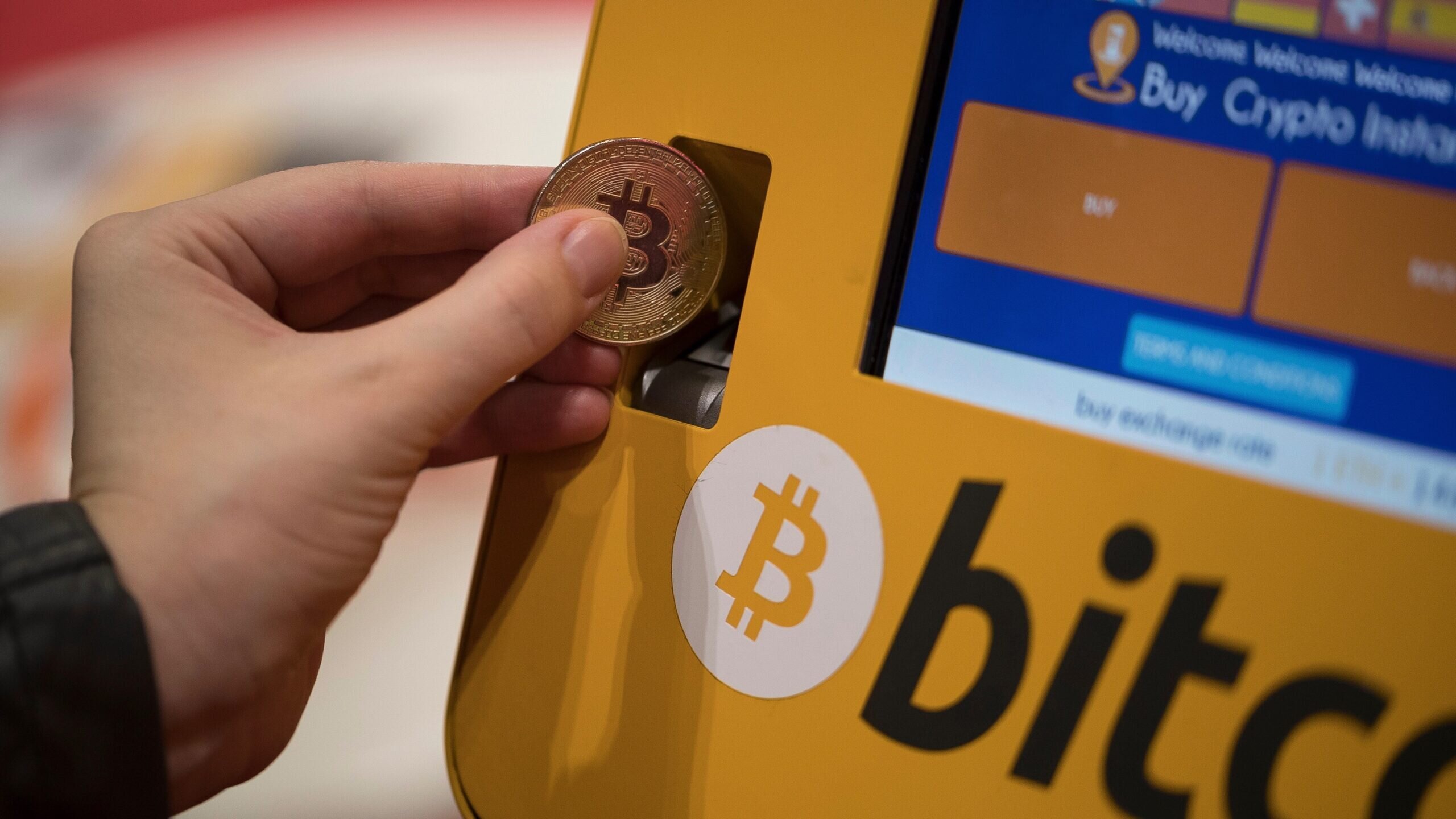Texas Politician Pushes for Crypto ATMs in Federal Buildings—Because Nothing Says ’Financial Revolution’ Like Bureaucratic Slow Zones

A Texas lawmaker is making waves by urging the U.S. government to install cryptocurrency ATMs in federal buildings. Because if there’s one thing the public sector excels at, it’s cutting-edge financial innovation—right after paperwork and endless meetings.
The move could theoretically boost crypto accessibility—or just give bureaucrats a new way to lose taxpayer money on meme coins. Either way, it’s a bold play for relevance in an institution that still thinks ’blockchain’ is a type of office furniture.
Honeypot
More crypto ATMs might be good news for the organized crime groups targeting Americans with scams.
Nearly 11,000 complaints were filed in 2024 relating to crypto ATMs and kiosks, up 99% from 2023, according to the FBI’s Internet Crime Complaint Center. Losses totaled $246.7 million, with seniors disproportionately affected and losing more than $107 million.
Fraud tied to crypto ATMs includes extortion, tech support scams, government impersonation schemes, and phony investment offers, the IC3 report said.
Scammers commonly ask targets to use them to transfer money due to the difficulty of clawing back funds, the anonymity they provide, and the fact that it requires no contact with anyone who might question why a target is transferring large amounts of money.
Other jurisdictions are already cracking down. The UK has banned crypto ATMs outright, while France, Australia, and Germany have clamped down on unregistered operators.
In the U.S., some cities and states are also enacting restrictions or bans. A Minnesota town has outlawed the machines, and Nebraska recently capped fees at 18% and limited daily transactions.
Meanwhile, a group of Democratic senators is pushing for a federal Crypto ATM Fraud Prevention Act.
The bill includes mandatory fraud warnings, anti-fraud policies registered with FinCEN, transaction limits for new users, and refund provisions if fraud is reported within a set period.
Even still, Gooden believes his initiative could yield several benefits.
While he paid lip service to some of the risks, remarking that the effort “should require close collaboration with regulators, industry experts, and technology providers to ensure adherence to anti-money laundering and other relevant standards,” he advocated for the ATMs in bringing “enhanced accessibility and public education opportunities.”
“ By embracing this initiative, we can take a significant step toward realizing [Trump’s] vision and solidifying our nation’s status as a superpower in the digital financial landscape,” he wrote.
Edited by Sebastian Sinclair

